LSE’s Centre for Economic Performance, one of Europe’s leading economic research centres, is marking its 30th anniversary in 2020/21. A new video, released to mark the Centre’s 30th anniversary, highlights the breadth of its work and how the CEP supports the social sciences now and in the future.
For 30 years, researchers at LSE’s Centre for Economic Performance have tackled key questions in economics at all levels from the individual to global trade. Now, a new animated video reveals the wide-ranging influence of the centre on policy and academia, and how its status as one of just two institutes funded by the Economic and Social Research Centre is driving future plans.
While the centre’s roots are in labour economics, from the start it was set up as an interdisciplinary research centre – with a focus on informing public policy.
Unemployment was a key issue for research at the centre’s predecessor, the Centre for Labour Economics, set up by Professor Richard Layard. This continued when Professor Layard secured funding for the CEP and became its first director. The centre’s research demonstrated the need for governments to focus on stemming long-term unemployment through schemes which gave job-seekers active help in finding jobs. Key researchers included Chris Pissarides, who won the Nobel Prize award in 2010, for his work on job search theory with Dale Mortensen and Peter Diamond, and Professor Layard, Steve Nickell and Richard Jackman, whose research laid the foundation for welfare-to-work schemes.
Pioneering work at CEP in the 1990s also overturned the idea that anything that raised wages must reduce employment. This paved the way to a UK National Minimum Wage. In 1997, the new Labour government set up an independent Low Pay Commission, inviting CEP economist David Metcalf to be among the founding members. The commission made recommendations on an appropriate level of a minimum in June 1998 and the minimum wage, initially set at £3.60 per hour, began in 1999.
Other labour market work has included tracking and understanding the causes of rising wage inequality – revealing the interactions between firms’ adoption of technology, individual’s educational levels and the regulations on pay and how it is set. The centre has investigated social mobility, discovering how younger generations are doing less well than their parents, and what can be done to tackle this. The CEP has ensured this issue is now the forefront the debate during the Covid-19 pandemic. Work on Generation Covid by the centre’s current director, Professor Stephen Machin, with CEP associate Lee Elliot Major, professor of social mobility at Exeter University, and CEP research economist Andrew Eyles, shows young people were twice as likely as older employees to lose their job during lockdown – and highlights the potential long-term scarring effects of educational disruption and unemployment for young people.
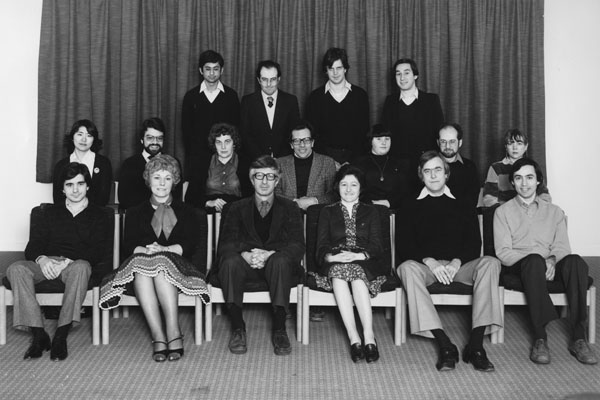
Productivity has been another key policy focus. The centre has published ground-breaking research on productivity. The huge, and hugely influential, World Management Survey developed by Professor John Van Reenen, centre director from 2003 to 2016, has been able to show that management practices and new technologies make up a large share of the differences in productivity between countries, and within sectors. It has shown which practices boost corporate performance and economic growth. And the importance of Professor Van Reenen’s research in helping to revive economies after the Covid-19 pandemic is continuing with the Programme on Innovation and Diffusion, a £5m three-year project headed by Professor Van Reenen which looks at ways of promoting innovation throughout the UK.
The centre’s impact is only possible because of its rigorous academic approach. It was a pioneer in the economics of education, using big data to study what works in schools and colleges. And it led theoretical and empirical developments in international trade and economic geography, work which is now enabling the Centre to show the effects of Brexit.
As an ESRC Institute, the Centre has a leadership role in the social sciences, supporting and training academics – though public lectures, seminars, conferences and workshops, supporting doctoral students in their research and in communicating research to the media and policymakers.
And as economists are called on to help advise how countries can build back better after the pandemic, the centre’s research shows how to create sustainable economic growth through investing in green jobs, demonstrates the growing inequality in educational experiences and sets out ways in which governments, cities and individuals can make decisions to improve wellbeing in the long-term.
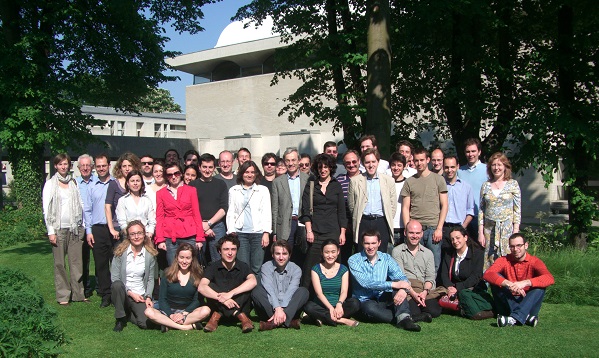
Since 2000, it is wellbeing, that has been the focus of the CEP’s founder director Professor Layard’s research. CEP research on wellbeing has already led to better mental health services. Professor Layard was instrumental in helping to set up the Improving Access to Psychological Therapies (IAPT) programme with David Clark, of Oxford University, which in its first three years reached more than 1 million people with a recovery rate of 45%. Research at the centre has also developed happiness lessons for children and statistics to track the nation’s wellbeing.
Receiving an ESRC lifetime achievement award in November 2020, for his work across many fields of economics, Professor Layard said: “I think one should, as far as possible, choose to spend one’s time in a way that makes a difference to other people’s lives and that’s what I have been trying to do.”
The Centre for Economic Performance has been making a difference for 30 years, and the challenges ahead make clear the need for such impartial, high-quality evidence – now, more than ever.


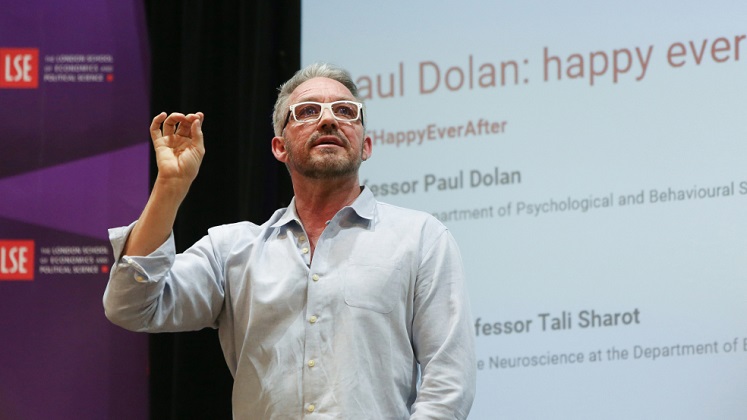
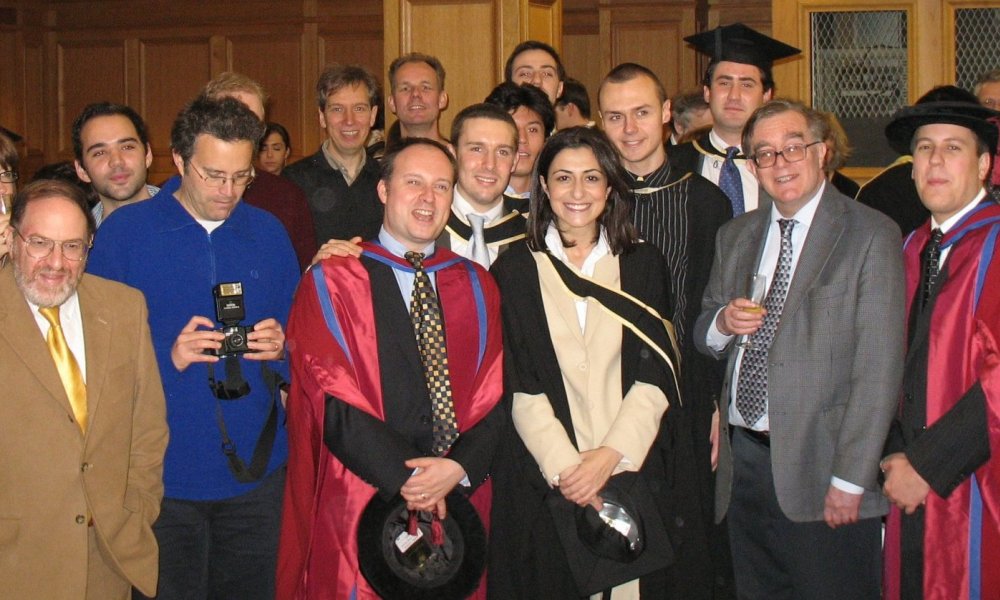

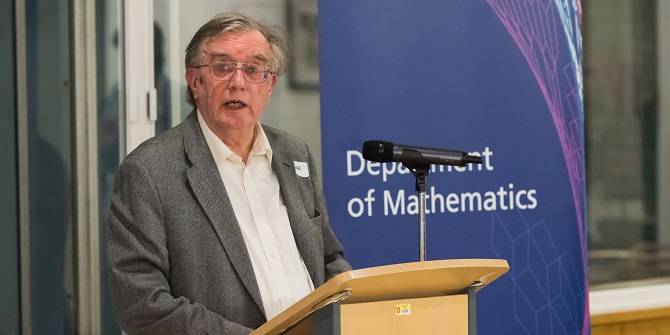
You helped me so much as a writer’s conference newbie with the same advice you just wrote. And when I was a college journalism major, our prof told us the same for newspaper writing. Thanks!